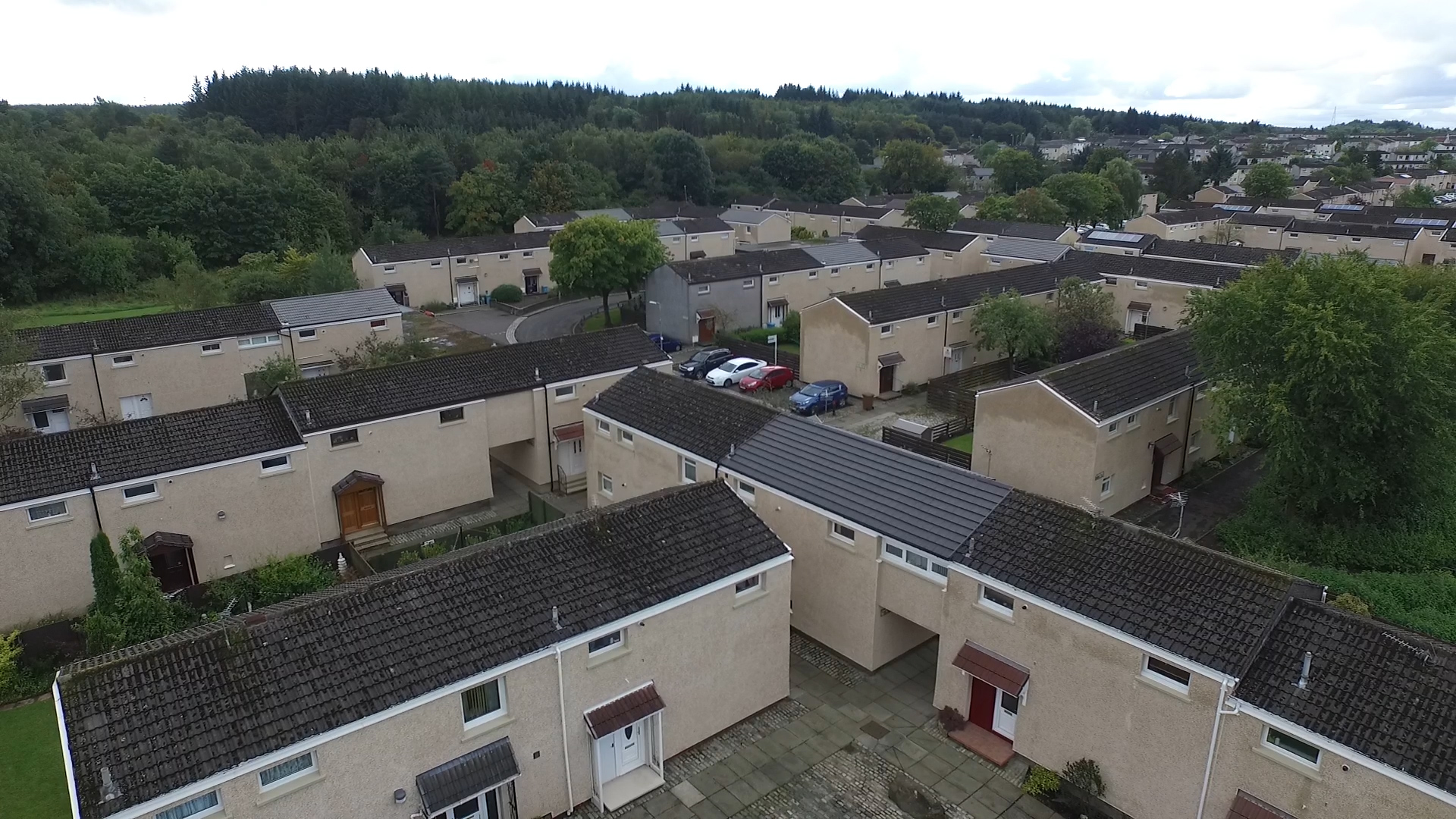Do you need help demystifying PAS?
Looking to programme an energy efficiency project and don’t know where to start? A.C. Whyte can help.
The team at A.C. Whyte have been installing external wall insulation for over 40 years and their experienced Construction, Commercial and Customer Liaison Team have been fully immersed in delivering projects under PAS 2030 since its inception in 2013.
They have created a suite of workshops that will decipher the Standard and help you navigate how to scope, procure, plan and deliver a PAS 2035/2030:2019 compliant project.
They can also tailor a workshop specific to the areas you are looking to further understand.
Do you have questions around?:-
- The difference between PAS 2035 and 2030:2019 and how they interact?
- The various new roles i.e. Retrofit Coordinator and how they interact across a project?
- Scoping a PAS 2035/2030:2019 project?
- Tendering a PAS 2035/2030:2019 project?
- The PAS 2030:2019 specification – what opportunities and challenges this could bring?
- A project timeline under PAS2035/2030:2019?
- What a project looks like for a Housing Provider and a Resident?
Questions are good. A.C. Whyte’s aim is to help you navigate PAS and their workshops are structured around your level of knowledge and understanding.
Climate change is a global crisis, and all eyes will be on Glasgow this November as we host COP26. Scotland has the most stringent statutory targets for becoming net zero of any country in the world, we have shown global leadership with our approach, and we are over halfway there, but there is still significant improvements to be made in the energy efficiency of the UK’s domestic buildings.
PAS 2035 and PAS 2030:2019 are intertwined and are a regulatory standard that supports a responsible Whole House retrofit journey to achieving our statutory national targets, whilst placing the resident at the heart of the process. The standard enhances consumer protection by ensuring the right advice and guidance throughout, guaranteeing quality by outlining a skills and training standard, with robust governance and compliance imbedded.
The standard enables
- Improved functionality, usability, and durability of buildings.
- Improved comfort, health, and well-being of building occupants.
- Improved energy efficiency.
- Reduced fuel use, fuel cost, pollution, and environmental impact.
- Minimisation of the “performance gap” that occurs when reductions in fuel use, fuel cost and carbon dioxide emissions are not as intended or predicted.
- Avoidance of “unintended consequences.”
- Protection and enhancement of the architectural and cultural heritage of the building stock.
- Establishment of “intended consequences.”
The A.C. Whyte team are on hand to deliver, digestible, insightful perspectives on what can seem like an overwhelming subject.
Get in touch with A.C. Whyte today to find out more and to request information on their workshops contact Lorna Preston, Client Relationship Manager lorna.preston@acwhyte.co.uk

